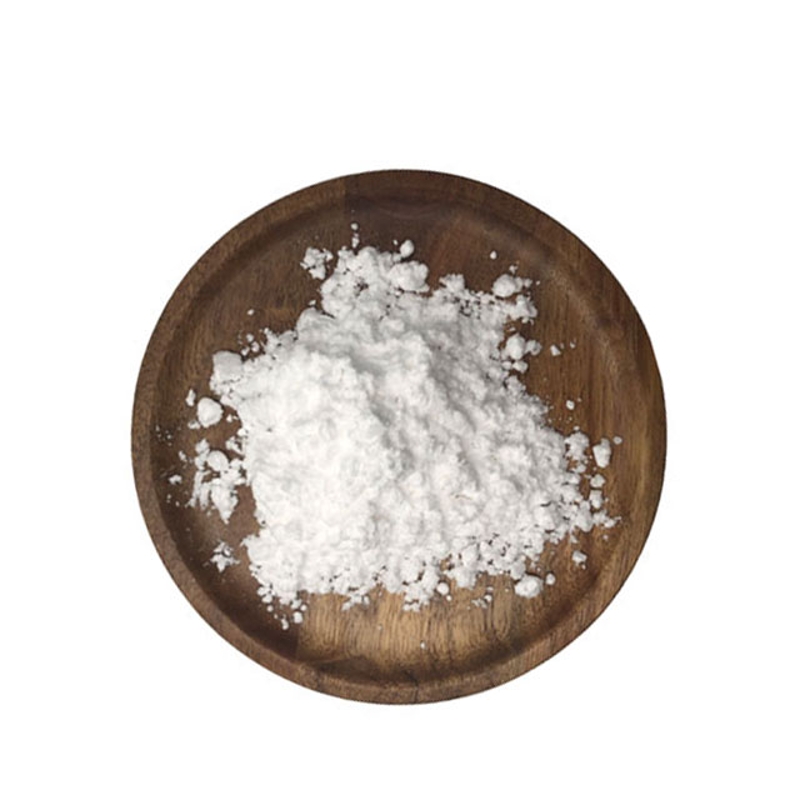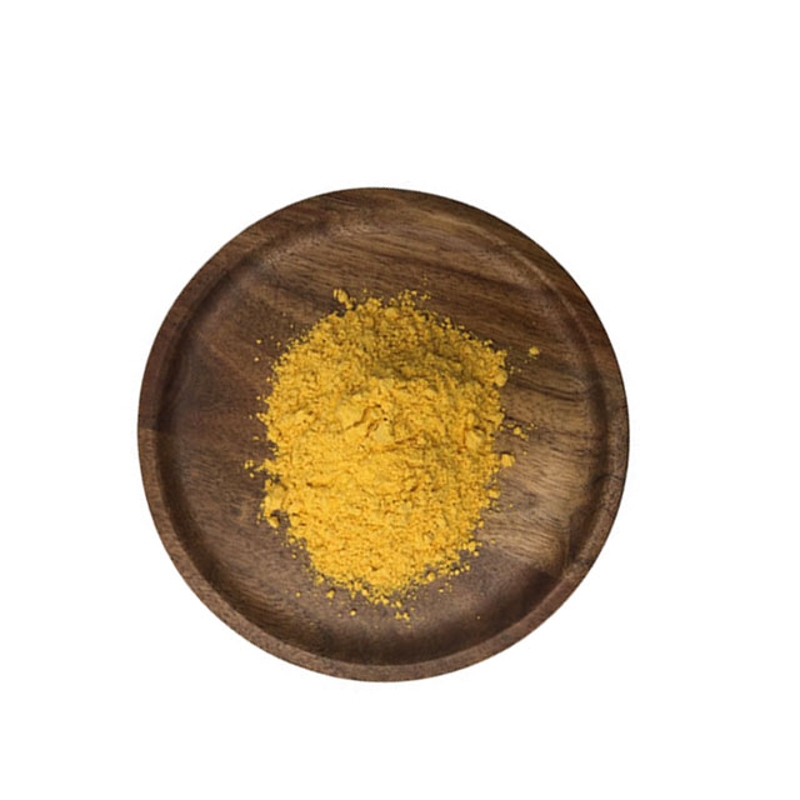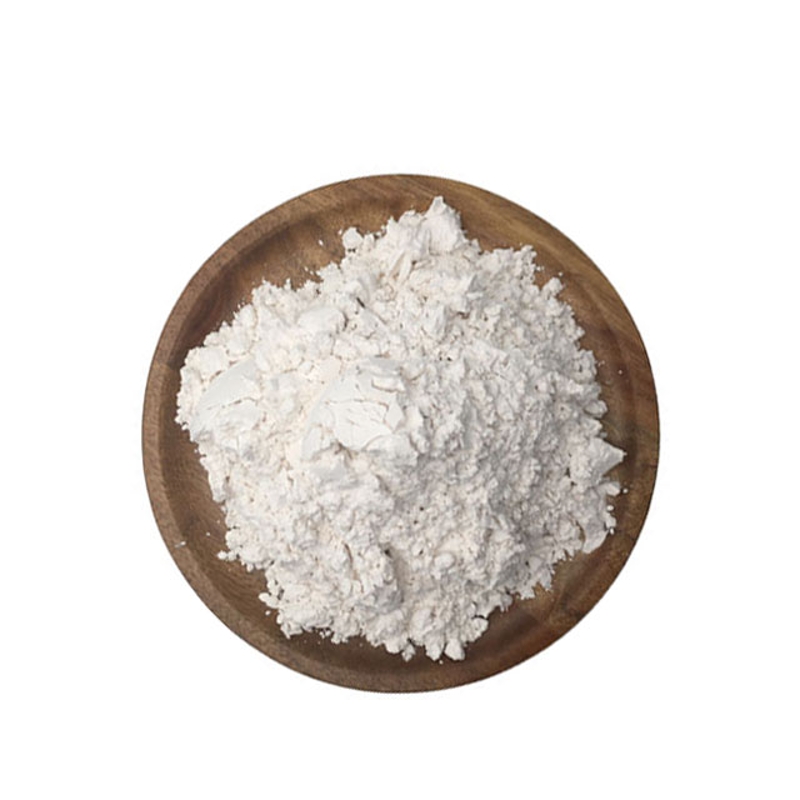-
Categories
-
Pharmaceutical Intermediates
-
Active Pharmaceutical Ingredients
-
Food Additives
- Industrial Coatings
- Agrochemicals
- Dyes and Pigments
- Surfactant
- Flavors and Fragrances
- Chemical Reagents
- Catalyst and Auxiliary
- Natural Products
- Inorganic Chemistry
-
Organic Chemistry
-
Biochemical Engineering
- Analytical Chemistry
- Cosmetic Ingredient
-
Pharmaceutical Intermediates
Promotion
ECHEMI Mall
Wholesale
Weekly Price
Exhibition
News
-
Trade Service
naneauhealth
naneauhealthHypoxia-inducible transcription factors HIF1A and HIF2A are well-known hypoxia response regulators, which induce genes to participate in metabolic reprogramming, angiogenesis , tissue remodeling, stem cell and immune regulation.
Vascular stem cell immunity
A research team at the University of Colorado School of Medicine recently published a paper that provides new insights into the role of hypoxia or hypoxia in the development of cancer.
Provides new insights into the role of hypoxia or hypoxia in the development of cancer.
The adaptability of cells to hypoxia is one of the fundamental aspects of cancer biology, especially in solid tumors.
Past studies have focused on the long-term effects of hypoxia on tumor growth, which are usually characterized as carcinogenic or cancer-promoting.
Factors that perceive hypoxia, namely hypoxia-inducible factors (HIFs), can act as tumor growth inhibitors in some cases.
In this study, multiple omics pipelines, including the measurement of new-born RNA, were used to characterize transcriptional changes during acute hypoxia.
An immediate early transcription response was determined, strongly dependent on the kinase activity of HIF1A and its cofactor CDK8, including indirect inhibition of MYC targets, and was highly conserved among cancer types.
They found that when a cell is hypoxic, its first reaction is to stop growing in order to preserve the existing nutrients and oxygen.
There have been many debates about whether these hypoxia-inducing factors promote tumor growth or prevent tumor growth.
Hypoxia-inducible factors can inhibit tumor growth by preventing protein synthesis in the early stage, but they can also promote tumor growth by promoting the ability of cancer cells to invade adjacent tissues in the later stage.
HIF1A inhibits cancer cell viability under normoxia
HIF1A inhibits cancer cell viability under normoxiaOn the other hand, the mechanism that promotes tumors is related to the oxygen demand of cells after prolonged hypoxia.
These results emphasize the importance of developing hypoxia-inducible enzyme inhibitors that can degrade collagen and other components of the extracellular matrix.
The CU Cancer Center research team hopes that this research can guide the development of future treatments, not only to better target the cancer cells themselves, but also to intervene in the growth process of cancer cells at the right time.
Researchers say that people have been trying different therapies to target hypoxia-inducible factors, but this study will show that, given that HIFs can inhibit tumors in the early stages of hypoxia, you may have to be cautious about when to apply these therapies attitude.
Given that HIFs can suppress tumors in the early stages of hypoxia, you may have to be cautious about when to apply these therapies.
This research is also groundbreaking in mapping the hypoxia response of cancer cells in detail, which can only be achieved by using new technologies.
Original source:
Andrysik, Z.
, Bender, H.
, Galbraith, MD et al.
Multi-omics analysis reveals contextual tumor suppressive and oncogenic gene modules within the acute hypoxic response .
Nat Commun 12, 1375 (2021).
https://doi.
org /10.
1038/s41467-021-21687-2







